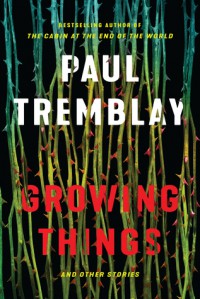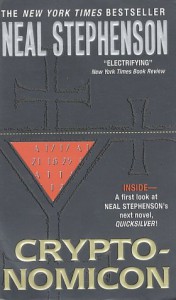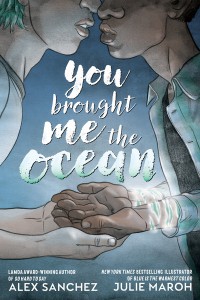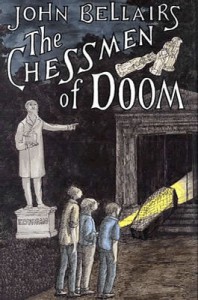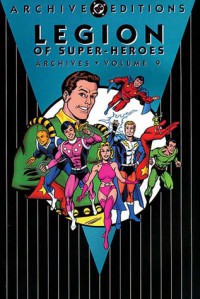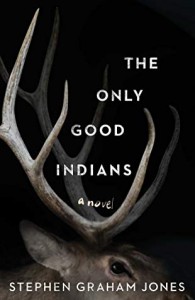Legion of Super Heroes, Vol. 11
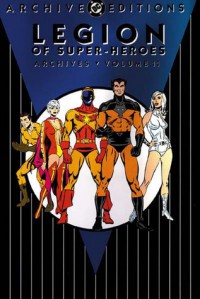
We're still getting some very wacky ideas from what should have been a straight-forward plot, such as the issues where the Legion teams up with a Science Police officer, or when Princess Projectra keeps getting sick. The women also keep getting weaker and weaker. The time will come when male writers will figure out how to tell a love story in a comic book without the woman becoming utterly hopeless. An exception creeps in with Night Girl's romance with Cosmic Boy, but her costume had to lose most of its fabric. I love Mike Grell's art, though, it's classic pop comic. He will make some questionable choices with costumes, too, but we'll get there when we get there. There is tension building in this series, and I can almost feel the Legion about to spring forward into the dark '80s. It's just waiting on the write author to pull all of the elements together.
Legion of Super-Heroes
Next: 'Volume 12'
Previous: 'Volume 10'
 10
10

 1
1

